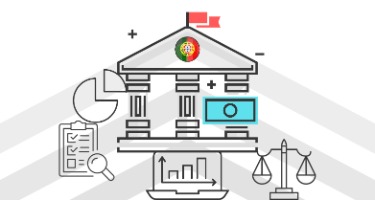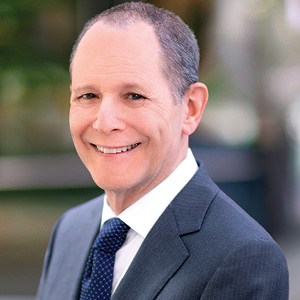The practice of family law has changed dramatically since I began practicing in the 1980s, when family court cases were often lengthy and resolved by court decision, but approximately 15 years ago, the Hennepin County, Minnesota, Family Court implemented “early case management” (ECM) for divorce, custody, and paternity cases. With ECM, the court intervenes at the early stages of the process to encourage the informal exchange of information, and the use of alternative dispute resolution (“ADR”) to settle cases. ECM is now used throughout Minnesota courts.
The result of ECM and early referrals to ADR has been a reduction in contentious pretrial motions and better court oversight to move cases through the court system in a timely manner. This process also gives the parties greater input in the outcome of their cases. As a result, parties who settle their cases through ADR are generally more satisfied with the outcomes and are less likely to return to court for post-decree disputes.
Early Case Management
An “initial case management conference” (ICMC) is scheduled soon after a family law case is filed. It is an informal hearing, best described as a “meet and greet” between a judicial officer, the parties, and their lawyers. No contested issues can be presented to the court before the ICMC, and during the ICMC, the parties and their counsel identify the areas of dispute and attempt to agree on a “case plan” to resolve the case, including the exchange of financial information and the selection of ADR. Telephone status conferences between the attorneys and the court are scheduled throughout the case to keep it moving toward resolution.
One negative consequence of ECM is that some temporary issues that may require early court intervention are delayed beyond the ICMC—for example, when a dependent spouse needs financial assistance, or the parents are unable to agree on an interim parenting schedule. On the other hand, the delay also acts an incentive to parties to settle temporary issues on their own.
Mediation
Mediation is the most commonly used form of ADR and is defined as “a forum in which a neutral third party facilitates communication between the parties to promote settlement.” Prior to mediation, financial information and parenting proposals are exchanged. The mediator then meets with the parties and their attorneys to assist in negotiating a resolution. Settlement discussions and agreements reached in mediation are confidential and are nonbinding, unless the parties and attorneys sign a written, binding agreement at the conclusion of mediation.
Mediation is an appropriate ADR process for most family law cases, but may be more successful later in the case, when all relevant information has been exchanged and the parties are emotionally ready to settle. Mediation may not be appropriate in cases involving domestic abuse because of the power imbalance in the parties’ relationship.
Early Neutral Evaluations
An early neutral evaluation (“ENE”) is an ADR process used at the beginning of the case and may be used for custody/parenting disputes (a “social” ENE) or financial issues (a “FENE”). An ENE is a “forum in which attorneys [and/or the parties] present the core of the dispute to a neutral evaluator…The neutral then gives an assessment of the strengths and weaknesses of the case,” and that opinion is used to assist in negotiating a resolution. ENE is also a confidential process, and the opinion of the neutral and the parties’ settlement discussions during the ENE are inadmissible in court, unless a written ENE agreement is signed.
The result of early case management and early referrals to alternate dispute resolutions has been A reduction in contentious pretrial motions.
ENEs are cost effective because they occur at the beginning of the case and may lead to a quick resolution. The FENE process works best for noncomplex marital estates for which the need to exchange financial information or value assets is limited. SENEs can be used for any custody dispute but are not advisable if mental health, chemical dependency, or domestic abuse issues
are present.
Arbitration
Arbitration is “a forum in which a neutral third party renders a specific award after presiding over an adversarial hearing at which each party and its counsel present its position.” The arbitrator is used instead of a judge. Arbitration is not confidential and is conducted like a trial, with testimony and evidence presented. Unlike a mediator or ENE neutral who would only facilitate settlement, an arbitrator decides the dispute. Arbitration is nonbinding unless the parties stipulate in writing to make it binding. The arbitrator’s decision is generally not appealable.
Since the arbitrator’s decision cannot be appealed, arbitration is a good ADR process to use for limited issues where the consequences to the parties of the decision are less impactful, such as a dispute over the division of the parties’ household furnishings.
Collaborative Law
Collaborative law is an alternative form of resolving divorce cases. The parties agree not to litigate and use only facilitative processes, such as mediation, to settle the case. Nothing is filed with the court until the case is finally settled. Collaborative law may work for low-conflict situations. It is not appropriate where domestic abuse has occurred, where there is a significant power imbalance between the couple, or when mental health or chemical dependency issues are barriers to reaching a
fair resolution.
--------------------
Kathryn A. Graves practices family law as a shareholder with Henson Efron in Minneapolis, Minnesota. To learn more about her practice, please see her bio here or email her at kgraves@hensonefron.com.
































